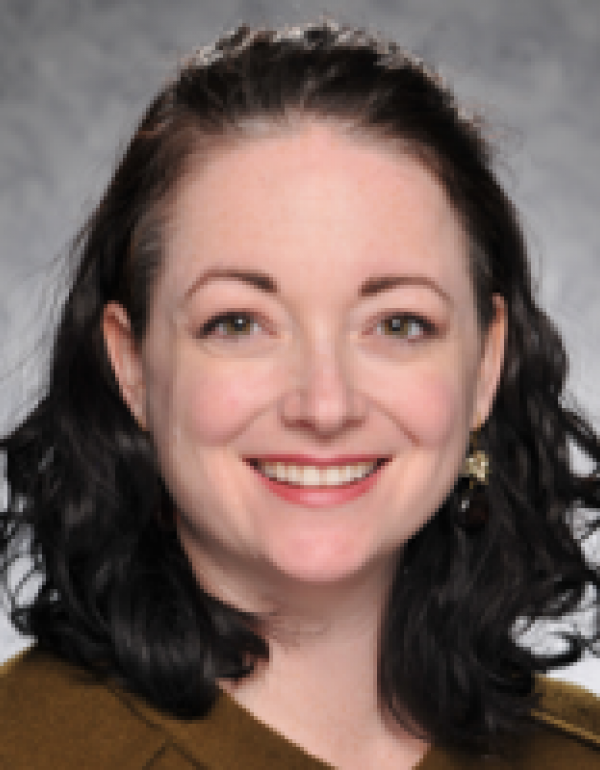
My work focuses on knowledge integration and co-generation within complex, interdisciplinary research teams. Evidence-based methods for enabling convergence science across disciplinary, sectoral, institutional and cultural boundaries are increasingly critical to address the enormous scale and interconnected nature of the most pressing challenges facing our world. We know that solutions to multi-faceted problems such as energy generation, climate change adaptation, sustainable agriculture, or environmental causes of cancer require expertise from a wide range of groups. What has been more recently appreciated is that expertise in effective translation and cooperation across and between knowledge boundaries is itself a discipline, warranting the development and teaching of evidence-based theory and praxis to enable the collective asking and investigation of new questions that couldn’t be posed with individual or even adjacent disciplines. In response to this need, I research and practice within the emerging field of Integration and Implementation Sciences (I2S). The domain spaces in which I have particular expertise revolve around methods, models and human processes to assess and manage decisions about environmental and health risks - particularly emerging and complex risks characterized by pervasive uncertainty. I also have experience and strong continued interest in collaboration with humanities and social science expertise as part of these analyses and decisions, to include insights from philosophy, history, sociology, and other fields whose expertise is critical in conversations about important societal decisions.
Some of my recent and ongoing I2S pursuits include structuring and leading convergence science research projects, for example drawing upon diverse expertise to investigate the fundamental mechanisms of vesicle-mediated interkingdom communication. Another category of I2S engagement entails consulting, coaching, and application of formalized facilitation approaches as an immersed member of an established team or community. Example activities include: structured ideation and concept mapping approaches to generate and prioritize research needs, co-creation of visual infographics to establish shared mental models, language workshops to illuminate shared and divergent working definitions and underlying assumptions that unnecessarily hamper effective cross-boundary communication. Data sharing capacity is a common salient integration tool for teams and communities; I have experience in community leadership across the nascent field of nanoinformatics, where we collectively sequenced iterative data harmonization approaches for a broad range of applications (research, regulation, commercial). Sustained immersion at the intersections of stakeholder disciplines was particularly crucial this field, where data maturity cannot yet support standardization, but which depends upon increasing comparability of vast and disparate datasets.
As part of the Duke Clinical & Translational Sciences Institute, I am also leading efforts to build and leverage Team Science curricula and training resources to serve Duke University & Health System.
